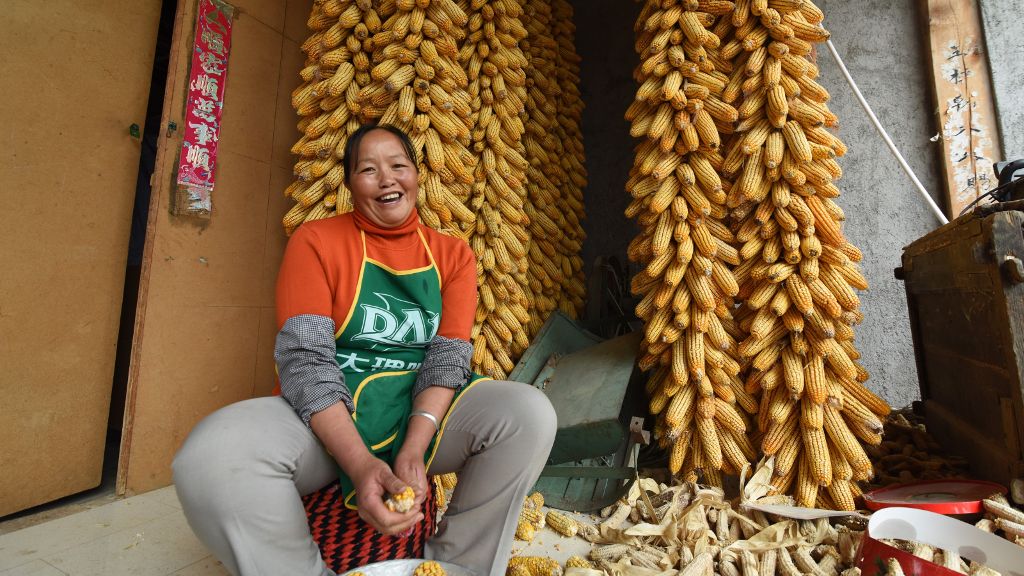ADB to Support Cross-Border Economic Activities Between Viet Nam and Guangxi, PRC with $450 Million Loan

The project will improve cross-border connectivity in the Greater Mekong Subregion. This will help create jobs and raise incomes for local residents. Photo: ADB.
MANILA, PHILIPPINES (8 December 2016) – The Asian Development Bank (ADB) has approved a $450 million investment program to promote cross-border economic activities between Guangxi Zhuang Autonomous Region of the People’s Republic of China (PRC) and northern Viet Nam. The program will focus on developing the North-South Economic Corridor (NSEC) under the Greater Mekong Subregion (GMS) Cooperation Program.
“The investment program is designed to develop a long-term partnership with Guangxi Zhuang Autonomous Region to promote regional cooperation and integration,” said Yuebin Zhang, ADB Senior Regional Cooperation Specialist. “It will particularly focus on assisting private sector business in border areas and beyond in the PRC and neighboring Viet Nam through improved cross-border connectivity that will also create jobs and raise incomes for local residents.”
The border areas of Guangxi Zhuang Autonomous Region with Viet Nam are key areas for development of regional cooperation. Although Guangxi’s international trade has tripled in five years from $17.7 billion in 2010 to $51.3 billion in 2015, it has not substantially benefited local residents in the border areas. Viet Nam is the province’s biggest trade partner, with trade passing mainly through the key border crossing points of Dongxing, Longbang, and Pingxiang. The investment program will help promote cross-border economic activities through a number of parallel efforts.
The program will support expansion of small- and medium-sized enterprises (SMEs) in border areas, where they have been limited by lack of access to credit, market information, or skilled staff. The program will offer better services to SMEs such as business networking, and market and technology information, and improved training for local and Vietnamese workers.
At the same time, to improve costly, risky and time-consuming cross-border financial transactions, the program will develop financial service centers in Dongxing and Pingxiang to provide one-stop services for currency swaps, payments, and settlements.
The program will also create a common platform for cross-border e-commerce to link suppliers and buyers of agricultural products, for example, the program will provide networks, data centers, and other supporting infrastructure.
These efforts will be supplemented by the development of roads, checkpoints, water supply and sewage treatment, and improve trade centers in the border economic zones.
The program will be supported through a series of three loans totaling $450 million to be implemented over an 8-year period. These ADB loans will be supplemented by the government’s contribution of $730 million, to finance the $1.18 billion program in total.
ADB, based in Manila, is dedicated to reducing poverty in Asia and the Pacific through inclusive economic growth, environmentally sustainable growth, and regional integration. Established in 1966, ADB in December 2016 will mark 50 years of development partnership in the region. It is owned by 67 members—48 from the region. In 2015, ADB assistance totaled $27.2 billion, including cofinancing of $10.7 billion.
Last Updated: 8 December 2016
